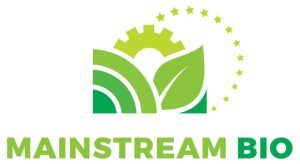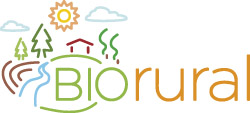ShapingBio project
Project concluded

Shaping the future bioeconomy across sectoral, governmental and geographical levels
Funded under Horizon Europe, ShapingBio will strengthen and deploy innovation in bio-based sectors, including food systems, across Europe – by ensuring an inclusive and sustainable growth at local level. ShapingBio provides recommendations for measures and good practice how to strengthen this innovation ecosystem, how to overcome hurdles and how to improve its efficiency, its sustainability and resilience. The project therefore will also contribute significantly to a number of EU level initiatives and strategies, such as the bioeconomy strategy and Action Plan, the Farm to Fork strategy, the EU Green Deal policy priorities and the EU’s Climate ambition for 2030 and 2050.
Contacts:
Dr. Sven Wydra: Sven.wydra@isi.fraunhofer.de
website: https://www.shapingbio.eu











